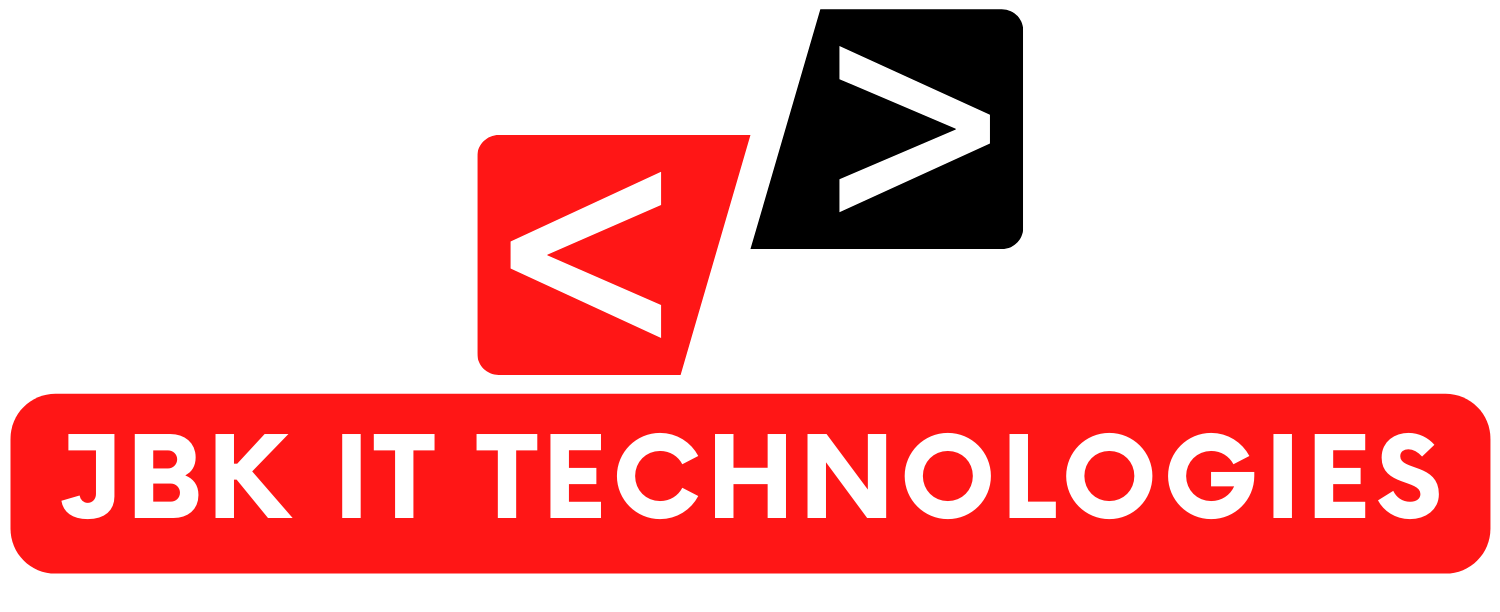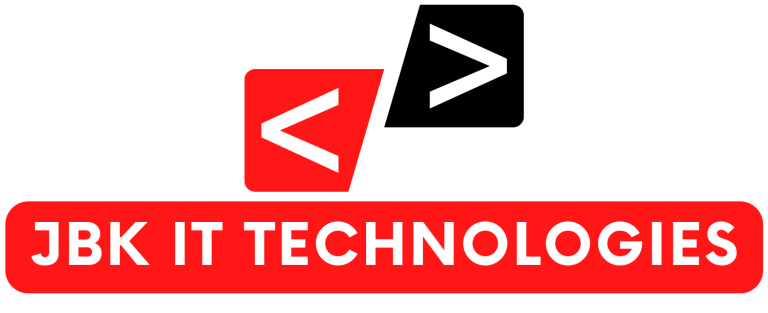Certainly! Here are some new updates in digital marketing:
- Artificial Intelligence (AI) and Machine Learning (ML): AI and ML continue to revolutionize digital marketing. They are being used to analyze vast amounts of data, personalize user experiences, automate tasks, and optimize marketing campaigns. AI-powered chatbots are becoming more sophisticated in providing customer support and enhancing user engagement.
- Voice Search Optimization: With the increasing popularity of voice assistants like Siri, Alexa, and Google Assistant, optimizing content for voice search has become crucial. Marketers are focusing on long-tail keywords and conversational phrases to align with how people speak their queries.
- Video Marketing: Video content continues to dominate digital marketing. Short-form videos, live streaming, and interactive videos are gaining momentum. Platforms like TikTok and Instagram Reels have become popular for sharing engaging video content. Marketers are leveraging videos to tell stories, showcase products, and connect with their audiences on a more personal level.
- Influencer Marketing: Influencer marketing has evolved into a powerful strategy for brands to reach their target audience. Micro-influencers with smaller but highly engaged followings are gaining attention. Brands are also focusing on building long-term partnerships with influencers to create authentic and relatable content.
- Personalization and Customer Experience: Personalization is key to delivering relevant content and experiences to users. Marketers are leveraging data to segment their audience and tailor marketing messages accordingly. Advanced personalization techniques, such as dynamic website content and personalized emails, are being widely adopted.
- Privacy Regulations: Data privacy has become a significant concern, prompting stricter regulations like the General Data Protection Regulation (GDPR) and the California Consumer Privacy Act (CCPA). Marketers need to ensure compliance with these regulations and adopt transparent data practices to maintain consumer trust.
- Augmented Reality (AR) and Virtual Reality (VR): AR and VR technologies are being used to create immersive and interactive experiences. Brands are using AR filters and lenses on social media platforms to engage users. VR is being utilized for virtual tours, product demonstrations, and enhanced shopping experiences.
- Social Commerce: Social media platforms are integrating e-commerce features to facilitate seamless shopping experiences. Instagram Shopping, Facebook Marketplace, and Pinterest Shopping are examples of how social commerce is transforming digital marketing. Brands can now sell products directly through social media platforms.
- Voice and Visual Search Optimization: Voice and visual search are gaining traction, changing the way users find information online. Marketers are optimizing their websites and content for visual search by using descriptive alt tags, structured data, and high-quality images. Voice search optimization involves understanding natural language queries and providing concise and relevant answers.
- Data-driven Decision Making: With the abundance of data available, marketers are relying on data-driven decision making more than ever. Advanced analytics tools and marketing automation platforms are used to gather insights, measure performance, and optimize marketing campaigns for better results.
These are just a few of the many ongoing updates and trends in digital marketing. As the digital landscape continues to evolve, staying up to date with new technologies and consumer behaviors is essential for marketers to remain competitive.

